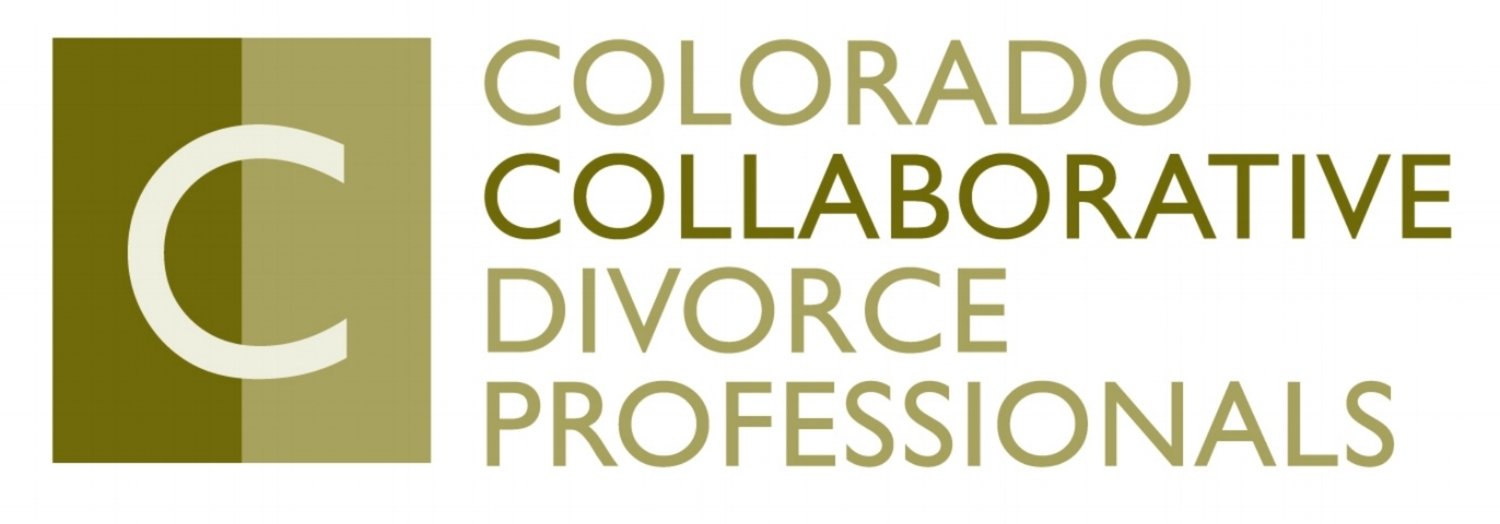The following are guidelines to consider when selecting a divorce attorney who is the right fit for you:
Experience
There is no guarantee as to what number of years of experience an attorney must have to be the best fit for you. Divorce law is complex and complicated, so years of experience in the practice of family law and in working on the Collaborative Model are important considerations. Interview the lawyer you are thinking about retaining and ask them about their experience in working on cases that had facts and issues like the ones that are most important to you in your case.
Personality and Practice Style
People who are getting divorced often feel vulnerable and lost. Your family law attorney’s personality should reassure you while at the same time setting realistic expectations about possible outcomes based on the specific facts of your case. The right lawyer for you should listen to what your goals are and how you wish to pursue them. Your lawyer should build on that information using his or her expertise, skill, and experience, while also expanding your thoughts about issues and outcomes you may not have considered.
Think about how a lawyer makes you feel when you are in his or her office. Does it seem like the lawyer and staff in the office are interested in your well-being? Are they courteous and respectful? During your first visit with an attorney you may be seeing the best he or she has to offer -- when the attorney and staff want to make a good impression. If service is lacking at that point, take note of it.
Fee Structure
It is essential that attorneys and clients have clear understandings about how the client will be charged and how legal fees will be paid. Family law attorneys bill clients at an hourly rate (which will differ based on specific communities and lawyers’ levels of experience). Most attorneys will require a retainer (advance payment set aside in your retainer account until actually earned) in order to begin work on your case.
While it is often difficult to discuss money, it is a discussion that needs to occur. You will have a business relationship with your attorney, the terms of which should be in a written fee agreement. Read this document carefully and ask questions to make sure you understand it. t is a contract. If you have a limited amount of money for a divorce, tell the lawyer at the outset. If the lawyer is not confident he/she can complete the divorce within that budget, he/she likely has a list of lawyers who are able to bill at a lower hourly rate to whom they refer you.
Ask an attorney you are interviewing how he or she will help you find ways to keep the costs of the divorce down. Make sure they know what your financial parameters are, and what expectations you have regarding costs.
Referrals
It is helpful to ask for referrals from friends who have been through divorces, but remember that the facts of their case, their personalities, their marital estate (assets and debts), and their children are different from yours. Just because an attorney was a good fit for your neighbor does not mean that same lawyer will be right for you. Ask friends and acquaintances what about their lawyer they liked and what they did not like. Also learn what you can about the lawyer who represented their spouse. What did that attorney do that helped calm the waters or that made matters worse? Seek out information from as many sources as you can.
Comfort Level
The decision about the lawyer you hire is too important to make lightly. Do not hesitate to interview more than one attorney so you can get a feel about what alternatives (in personal and communication style; particular areas of expertise; hourly rate; etc.) are available. At the end of the interview process, you have to assess your overall comfort level with an attorney before you can decide if he or she is right for you.
Our Professionals
CCDP Members, who are Collaborative Professionals, would be happy to discuss your case.
